Scrolls found in the shadow of Vesuvius and libraries of ancient texts besides are being illuminated by machine learning and computer vision.
Category: robotics/AI – Page 615
GameNGen: Imagine playing a video game where every frame and action is generated by a neural network, not a traditional game engine
We present GameNGen, the first game engine powered entirely by a neural model that enables real-time interaction with a complex environment over long trajectories at high quality. GameNGen can interactively simulate the classic game DOOM at over 20 frames per second on a single TPU. Next frame prediction achieves a PSNR of 29.4, comparable to lossy JPEG compression. Human raters are only slightly better than random chance at distinguishing short clips of the game from clips of the simulation. GameNGen is trained in two phases: an RL-agent learns to play the game and the training sessions are recorded, and a diffusion model is trained to produce the next frame, conditioned on the sequence of past frames and actions. Conditioning augmentations enable stable auto-regressive generation over long trajectories.
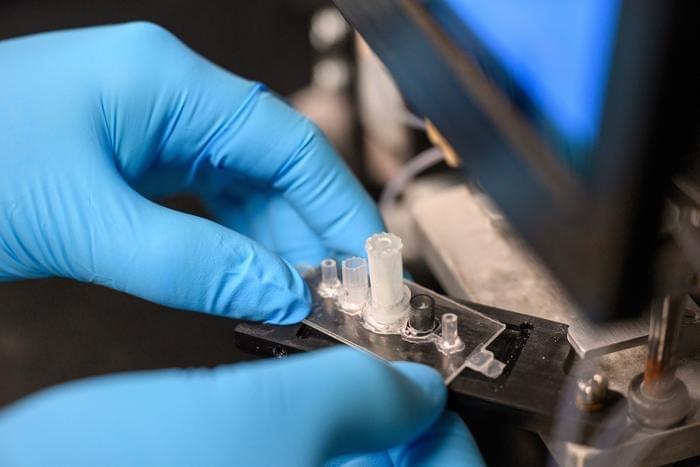
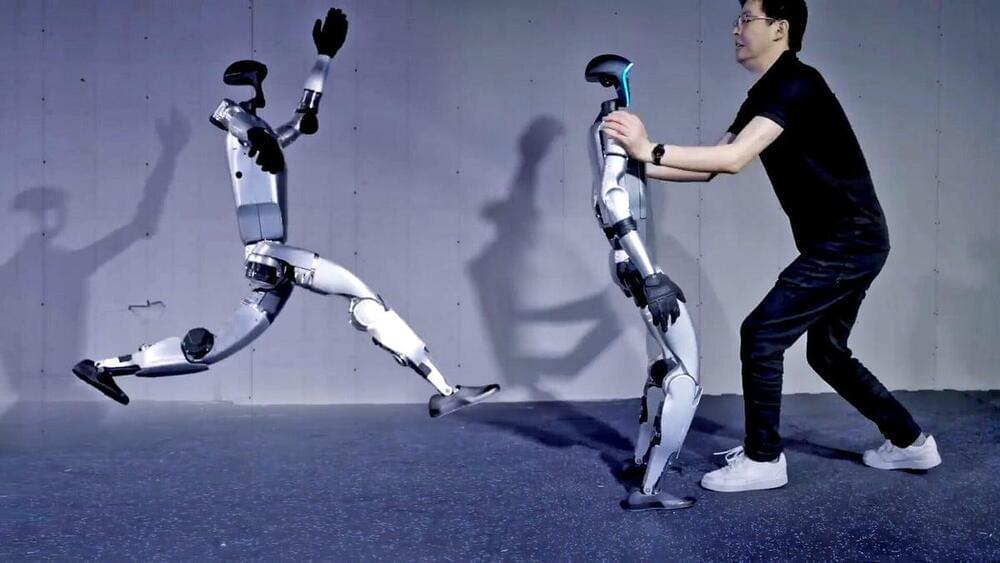
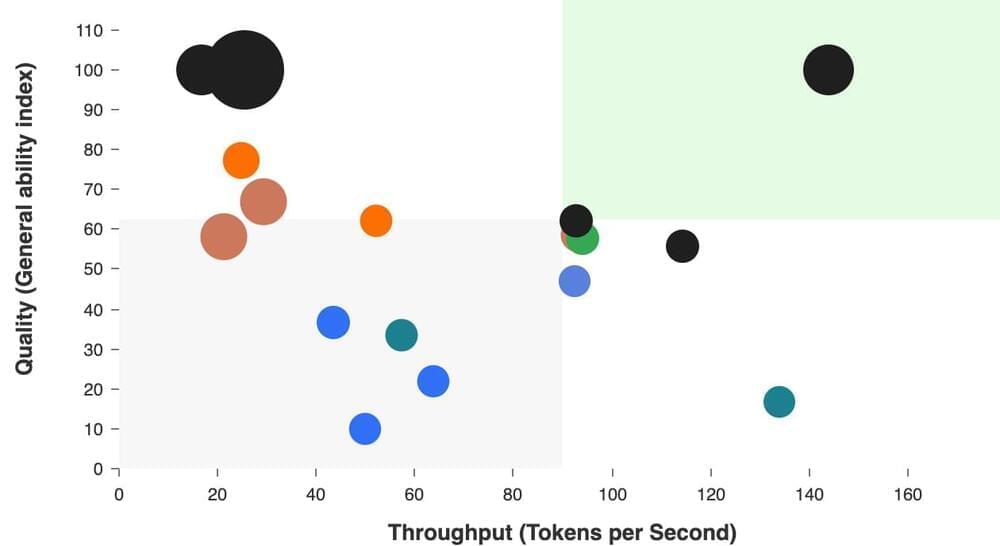
Llama 3.1 8B: API Provider Performance Benchmarking & Price Analysis
Cerebras has set a new record for AI inference speed, serving Llama 3.1 8B at 1,850 output tokens/s and 70B at 446 output tokens/s.
@CerebrasSystems has just launched their API inference offering, powered by their custom wafer-scale AI accelerator chips.
Llama 3.1 8B provider analysis:
Analysis of API for Llama 3.1 Instruct 8B across performance metrics including latency (time to first token), output speed (output tokens per second), price and others. API benchmarked include Microsoft Azure, Amazon Bedrock, Groq, Together.ai, Perplexity, Fireworks, Cerebras, Lepton AI, Deepinfra, and OctoAI.
From Today To The Year 3000: Let’s Dive Into The Future!
What does the future hold? What will become of this planet and its inhabitants in the centuries to come?
We are living in a historical period that sometimes feels like the prelude to something truly remarkable or terribly dire about to unfold.
This captivating video seeks to decipher the signs and attempt to construct plausible scenarios from the nearly nothing we hold in our hands today.
As always, it will be scientific discoveries leading the dance of change, while philosophers, writers, politicians, and all the others will have the seemingly trivial task of containing, describing, and guiding.
Before embarking on our journey through time, let me state the obvious: No one knows the future!
Numerous micro and macro factors could alter this trajectory—world wars, pandemics, unimaginable social shifts, or climate disasters.
Nevertheless, we’re setting off. And we’re doing so by discussing the remaining decades of the century we’re experiencing right now.
-
DISCUSSIONS \& SOCIAL MEDIA
Commercial Purposes: [email protected].
Tik Tok: / insanecuriosity.
Reddit: / insanecuriosity.
Instagram: / insanecuriositythereal.
Twitter: / insanecurio.
Facebook: / insanecuriosity.
Linkedin: / insane-curiosity-46b928277
Our Website: https://insanecuriosity.com/
–
Credits: Ron Miller, Mark A. Garlick / MarkGarlick.com, Elon Musk/SpaceX/ Flickr.
–
00:00 Intro.
01:20 Artificial Intelligence.
02:40 2030 The ELT telescope.
03:20 2031 The International Space Station is deorbited.
04:05 2035 The cons.
04:45 2036 Humans landed on mars.
05:05 2037. The global population reaches 9 billion.
05:57 2038 2038. Airplane accident casualties = 0
06:20 Fusion power is nearing commercial availability.
07:01 2042 Supercomputers.
07:30 2045 turning point for human-artificial intelligence interactions.
08:58 2051 Establishment of the first permanent lunar base.
09:25 2067 The first generation of antimatter-powered spacecraft emerging.
10:07 2080 Autonomous vehicles dominate the streets.
10:35 2090 Religion is fading from European culture.
10:55 2099 Consideration of Mars terraforming.
11:28 22nd century Moon and Mars Settlements.
12:10 2,130 transhumanism.
12:41 2,132 world records are shattered.
12:57 2,137 a space elevator.
14:32 2,170 By this year, there are dozens of human settlements on the Moon.
15:18 2180
16:18 23rd century Immortality.
16:49 2,230 Hi-Tech and Automated Cities.
17:23 2,310 23rd Century: Virtual Reality and Immortality.
18:01 2,320 antimatter-powered propulsion.
18:40 2,500 Terraforming Mars Abandoned.
19:05 2,600 Plastic Cleanup.
19:25 2,800 Silent Probes.
19:37 3,100 Humanity as a Type 2 Civilization.
–
#insanecuriosity #timelapseofthefuture #futuretime
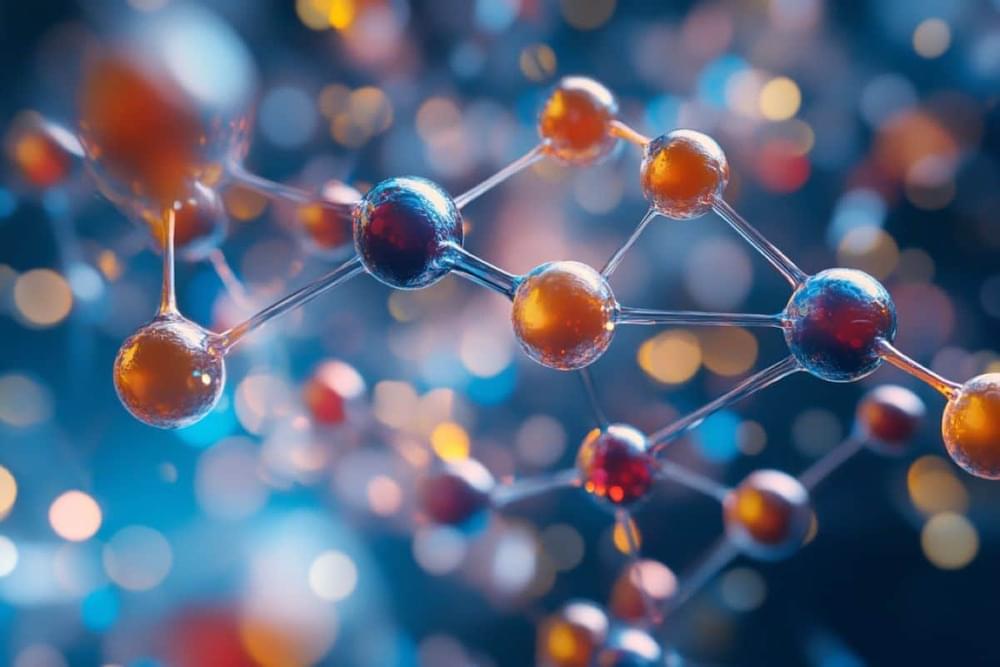
AI Models Complex Molecular States with Precision
Summary: Researchers developed a brain-inspired AI technique using neural networks to model the challenging quantum states of molecules, crucial for technologies like solar panels and photocatalyst.
This new approach significantly improves accuracy, enabling better prediction of molecular behaviors during energy transitions. By enhancing our understanding of molecular excited states, this research could revolutionize material prototyping and chemical synthesis.

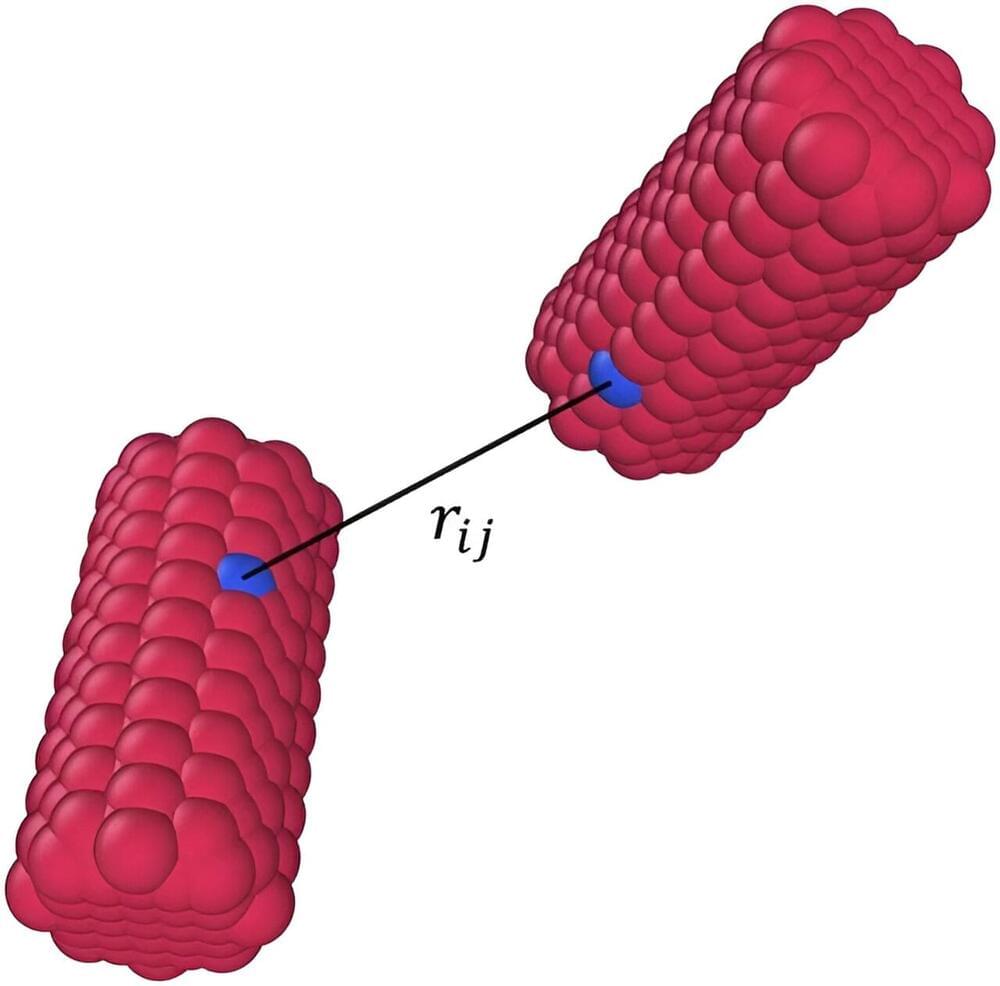
Organoid intelligence: a new biocomputing frontier | Frontiers in Science
Organoid intelligence (OI) is an emerging scientific field aiming to create biocomputers where lab-grown brain organoids serve as ‘biological hardware’
In their article, published in Frontiers in Science, Smirnova et al., outline the multidisciplinary strategy needed to pursue this vision: from next-generation organoid and brain-computer interface technologies, to new machine-learning algorithms and big data infrastructures.
https://www.frontiersin.org/journals/.…
Citation:
Smirnova L, Caffo BS, Gracias DH, Huang Q, Morales Pantoja IE, Tang B, et al. (2023) Organoid intelligence(OI): the new frontier in biocomputing and intelligence-in-a-dish. Front. Sci. 1:1017235. doi: 10.3389/fsci.2023.